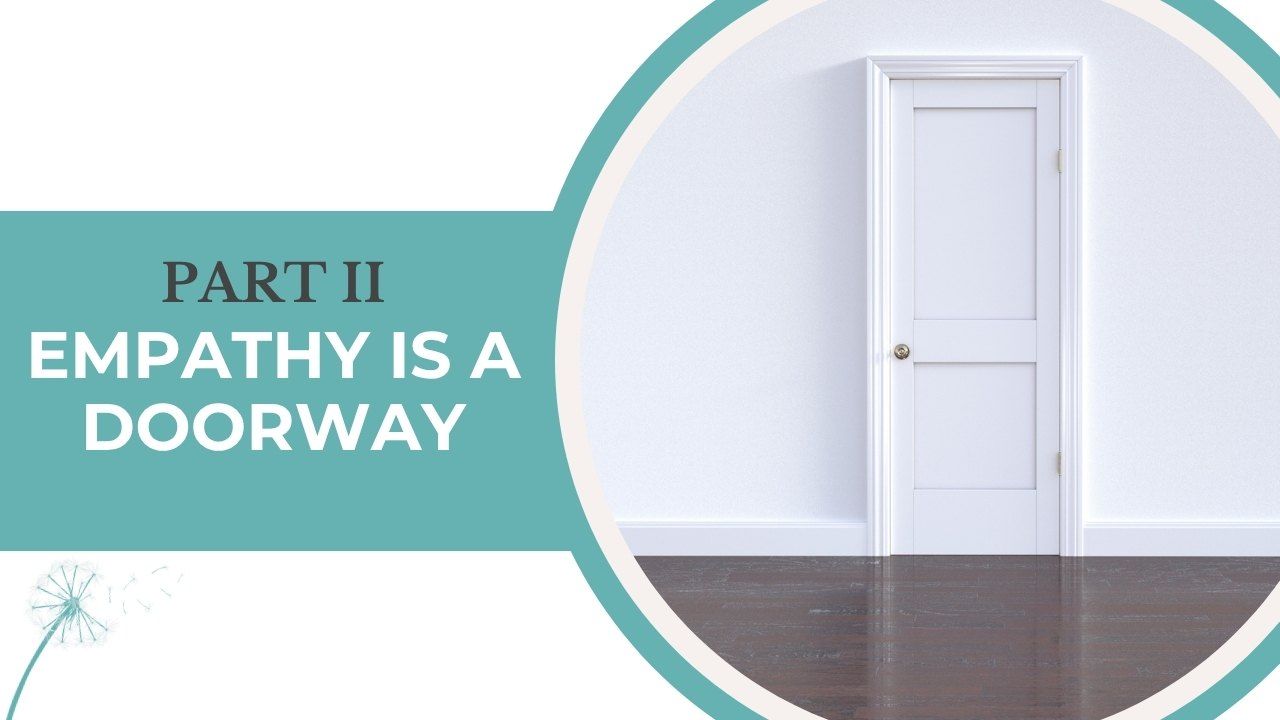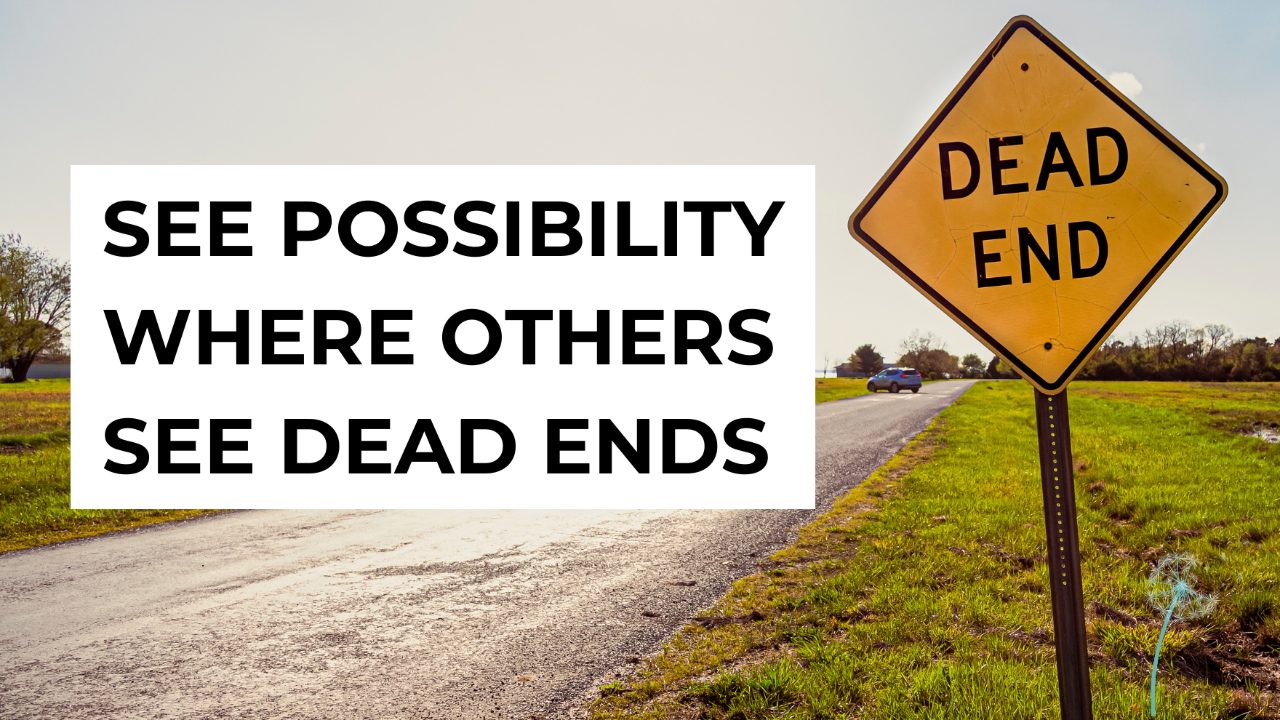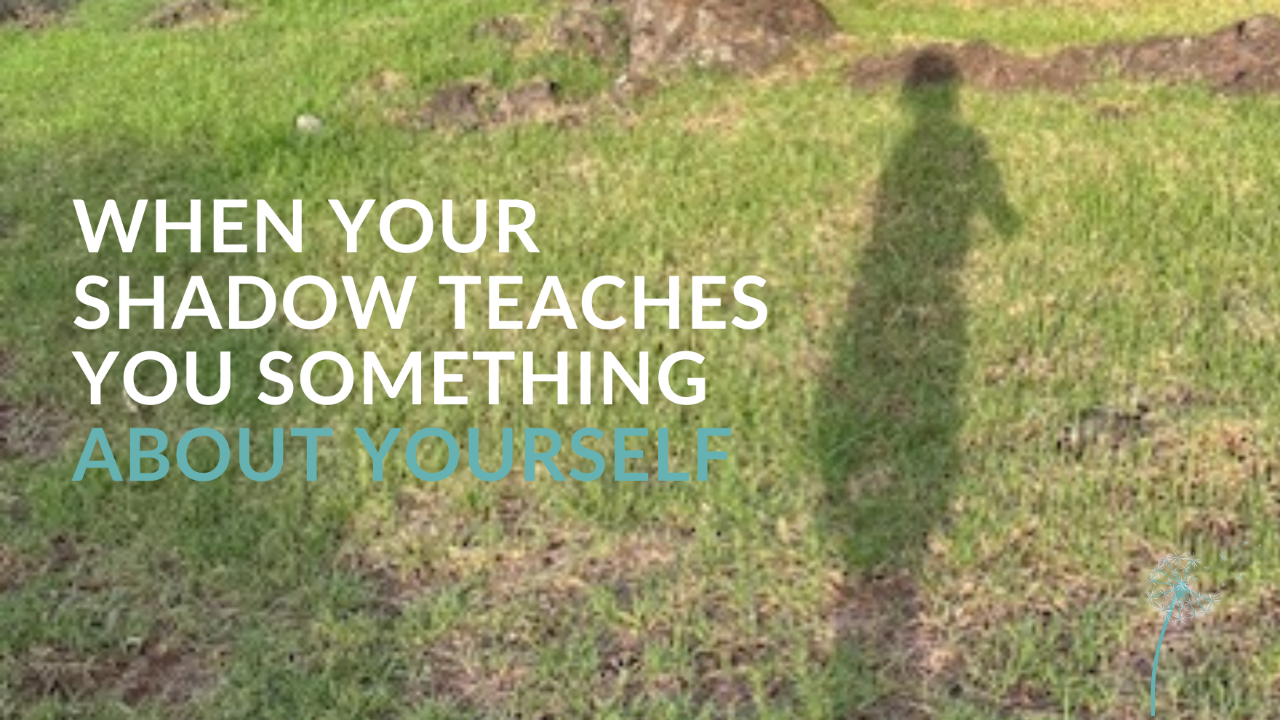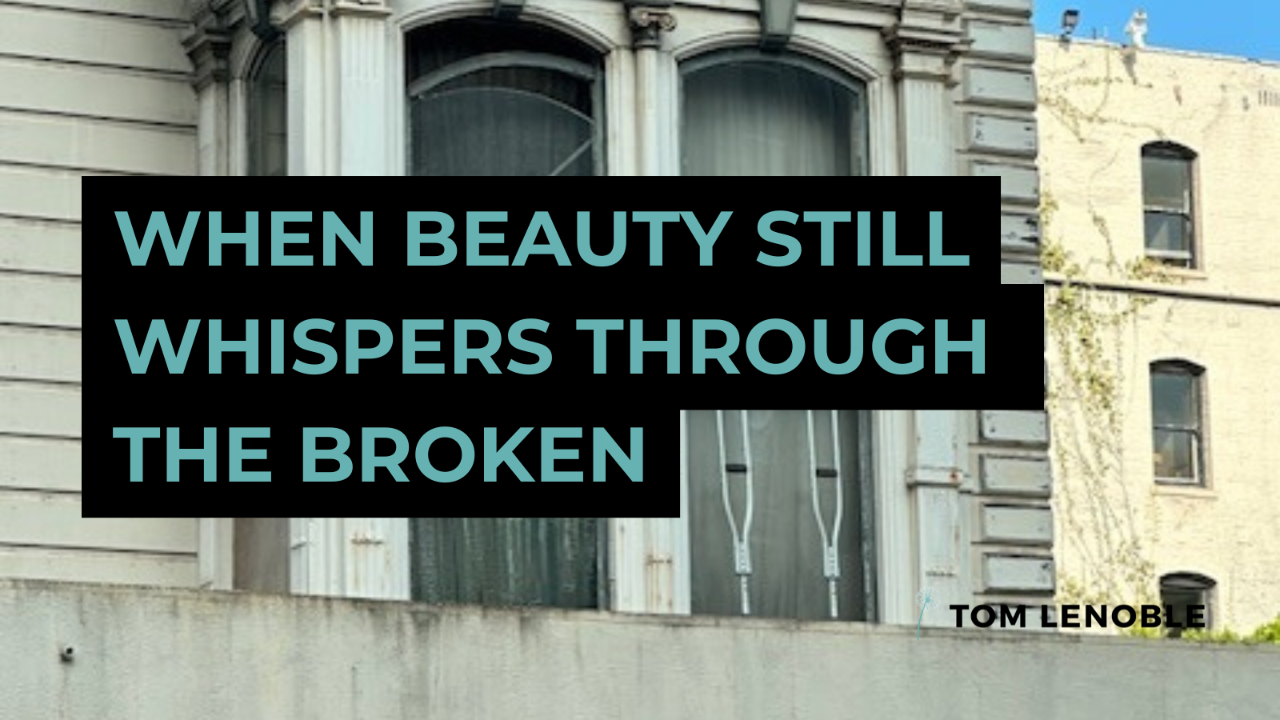Part II: When Empathy Is in Excess
Aug 22, 2025
When Empathy Is in Excess
In last the last article, we explored how empathy is a doorway…one that leads to trust, understanding, and stronger relationships. Used wisely, it can make the hardest conversations more effective.
But like any doorway, it matters how far we walk through. Step too far without awareness, and we can find ourselves carrying more than we’re meant to hold. That’s when empathy shifts from being a strength to becoming a strain.
Empathy is a gift. It’s the skill that lets us step into another person’s world, see through their eyes, and feel what they feel. It’s the glue that holds relationships together and the bridge that helps us cross into understanding.
But like any strength, when overextended, empathy can turn into a liability.
When we take it too far, without boundaries, it can stop serving the relationship and start draining us.
Excess empathy often shows up quietly. We don’t usually notice it in the moment. But over time, the signs appear:
- Saying “yes” when everything inside us says “no.”
- Avoiding necessary confrontation to spare someone’s feelings at the cost of our own integrity.
- Taking responsibility for someone else’s happiness or feeling guilty for their unhappiness.
- Carrying someone else’s emotional weight until we feel too heavy to move forward ourselves.
In these moments, empathy becomes over-identification. Instead of standing beside someone, we stand in their shoes so fully that we forget where our feet are. We take on their stress, their struggle, and even their decisions.
And here’s the danger: without balance, empathy can keep us from leading effectively, loving fully, and living with clarity. It can make us more reactive than responsive, more drained than inspired.
The solution isn’t to have less empathy. It’s to have boundaried empathy.
Balanced empathy says:
“I see you. I hear you. I care deeply. But I also know where I end and you begin.”
This kind of empathy allows us to be present without losing ourselves. It lets us walk with someone through a challenge without carrying the weight for them. It keeps compassion alive while ensuring our own energy, health, and clarity stay intact.
So today, ask yourself:
- Am I carrying something that isn’t mine to carry?
- Have I confused caring with fixing?
- Where do I need to set boundaries so my empathy remains healthy and sustainable?
Empathy is one of our greatest tools for connection. But like any tool, it works best when handled with care, so it builds without breaking and heals without harming.




